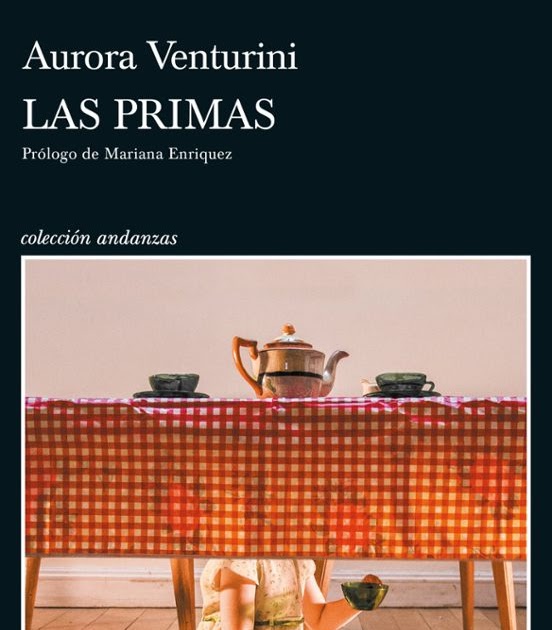
Language: español
Year of publication: 2007
Valuation: quite recommended
There are books for which the circumstances, both of their coming into the world and of those who have made it possible, contribute to increasing, if not their quality, then the legend that accompanies them, so to speak. This is what happens, for example, with The conjuing of the ceciuosby John Kennedy Toole, whose unfortunate end everyone knows, or, less famous, but within literature in Spanish, with The translator, by Salvador Benesdra. Another case whose circumstances are also striking, although, luckily, much happier, is that of the Argentine author Aurora Venturini, who entered and won a literary contest with this novel in 2007, when the good lady was already eighty. and five years old. Of course, she was not a grandmother who had spent her life baking cookies until she decided to write; friend and collaborator of Eva Perón in her youth, she then lived twenty-five years of “self-exile” in Paris and frequented the cream of existentialist intellectuality, in addition to studying psychology, translating a good handful of French classics, teaching philosophy upon his return to Argentina and published literary essays, collections of poems and novels. The cousins It was the sixth of these, in fact.
It is true that the biographical peculiarities of the author, in this case of a novel, should not influence us when it comes to appreciating (or not) it, but, given that they have happened, it is inevitable to mention them, if only to remove prejudices. Because The cousins It displays a freshness and even self-confidence that, in general, is usually associated, and it seems incorrectly, with the impudence of youth, although, on the other hand, it is set in the 40s or 50s of the last century. , so it refers to the customs and mentality of that time when the author was young, in turn, and not – or not so much – of the 21st century.
Let’s continue: Yuna teams up with the much more savvy Petra – even too clever – to overcome the anxieties of life and alleviate her lack of knowledge about some fundamental aspects of it. But this is also a novel of growth (don’t worry, I’m not going to say that German word that begins with “b”… although it’s hard for me) in which we witness the evolution of the protagonist from an ignorant childhood and, therefore, what not to say, quite obtuse, to a youth comparable or even much more competent to that of any intelligent and independent person of their age. The author guides us with great skill through this journey that, in the end, is the most important part of the novel, even more than the adventures, however terrifying but also cruelly funny, of a family with obvious dysfunction (well, this This is what the narrator thinks, but becausewho lives in the Argentine Republic and not in the Kingdom of Spain), marked by a tragicomic fate.
The only but that can be said about the novel and that has made me not decide to give it an even higher rating is that the ending seemed too hasty for me. I am not saying that it is poorly presented or implausible, since it is in the line of plausibility of the entire story, whether it is a lot or a little, depending on each reader… but it gives the impression that the narrative concludes in this way more because Doña Aurora He needed to finish the novel – to submit it to the aforementioned contest or, simply, because he had reached an age at which one cannot trust in prolonging projects for too long – and he did not get his head any further, when, in my opinion, the In the end perhaps he would have needed a little more space, more air to allow him to breathe comfortably. It doesn’t matter, in any case, The cousins It is a highly recommended novel, because of how good – and how bad – one has a time with it and, in addition, it can be read in a breeze, because it is fun and agile, which is always appreciated.
Source: https://unlibroaldia.blogspot.com/2024/01/aurora-venturini-las-primas.html


